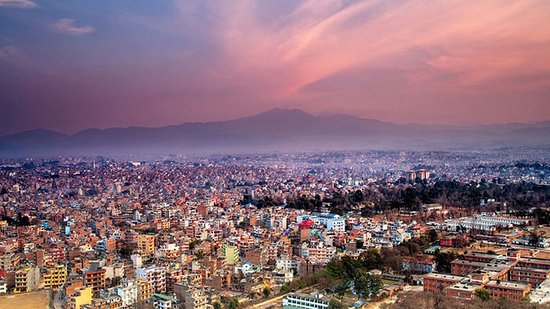World failing on Sustainable Development Goals
Scientists say out of a sample of 36 SDG targets, only 2 are on track
Writing in Nature, the Independent Group of Scientists’ team calls on scientists to support policymakers in rethinking humanity’s approach to achieving the SDGs, bringing the lessons from the 2023 Global Sustainable Development Report.
This year marks the halfway point of the SDGs, which were agreed in 2015, to be reached by 2030. It is a collection of 17 interlinked objectives and 169 targets designed to serve as a “shared blueprint for peace and prosperity for people and the planet, now and into the future.“ Some of the objectives include, gender equality, climate action, good health and well-being and no poverty.
The authors highlight three priority areas for action: removing roadblocks to progress, finding feasible and cost-effective pathways to the goals and strengthening governance.
The 17 SDGs were established in 2015 as an urgent call to action by all countries to tackle global challenges such as poverty and inequality, climate change and environmental decline.
The SDGs are broken down into individual targets, and the authors assessed a sample of 36 to get a snapshot of progress. Of those, only two are on track in 2023: access to mobile networks and internet usage.


Comments are closed.